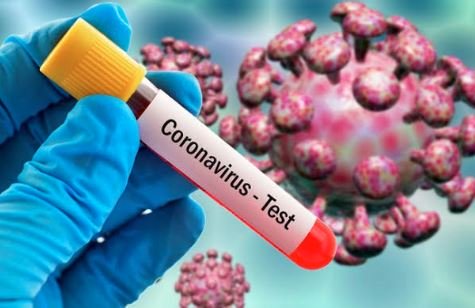Persons Living with Sickle Cell Disease (PLWSCD), are at a higher risk of getting infected with COVID-19, Health Chief Administrative Secretary (CAS), Dr. Rashid Aman says.
The CAS noted that PLWSCD are more likely to get severe illness if they get infected due to their impaired immunity resulting from blood disorder and urged them to strictly observe the precautionary preventive measures for COVID-19.
“During this period of Coronavirus pandemic, persons living with sickle cell disease are advised, to ensure they keep a minimum of one-month supply of medication at all times. In addition, they should consult their healthcare providers should they experience COVID-19 symptoms,” he noted.
Sickle Cell, is a genetic disease characterized by a change in the shape of a red blood cell, from a smooth circular shape, to a crescent shape, which can result in the blockage of small blood vessels.
About 240,000 children in Africa, are born each year with Sickle Cell Disease (SCD), while here in Kenya, it is estimated that 6,000 children are born with the disease.
Sadly, between 50 to 80 per cent of these children die before their fifth birthday. The recurrent pain and complications caused by the disease, can interfere with many aspects of the patient’s life, including education, employment and psychosocial development.
Interventions to control the disease include early diagnosis, provision of prompt and effective management, advocacy, communication and social mobilization for screening, and genetic counseling, during premarital courtship, the CAS said.
“I am glad to note, that the Ministry together with stakeholders, have developed guidelines for managing the disease to be rolled out soon. This will help to improve the quality of care offered at our health facilities and community levels,” the CAS noted.
The World Sickle Cell Diseases Day, is commemorated on June 19th every year. The United Nations General Assembly, established the World Sickle Cell Day in the year 2008, to increase public knowledge and raise awareness of Sickle Cell Disease. This year’s theme is “Break the silence: and Shine the light on Sickle cell disease.”
He thanked all stakeholders and partners who have supported the Ministry of Health to commemorate this day, particularly the Sickle Cell Federation of Kenya, and Novartis.
“We are also grateful to Public Health Club medical students at the University of Nairobi, who have mobilized their colleagues to donate blood for the management of sickle cell disease,” he added.


